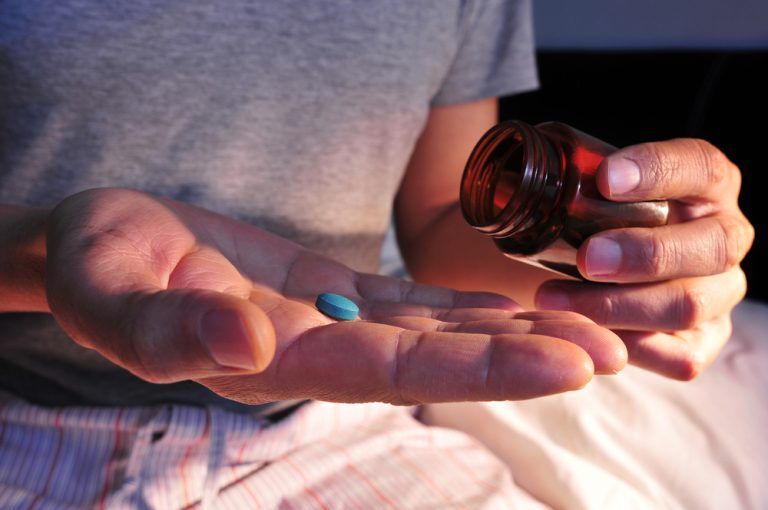Masturbation Addiction
Advance Minds Blog
A safe space to explore subjects within the community such as mental health, substance abuse and personal identity.
Our safe space also provides the opportunity for real individuals to express their hardships and success through writing.
Masturbation Addiction: Understanding and Overcoming the Struggle

Masturbation Addiction: Understanding, Managing, and Overcoming the Challenge
Masturbation is a natural part of human sexuality, but when it becomes excessive or compulsive, it can negatively impact your mental health, relationships, and daily life. Masturbation addiction, or compulsive sexual behavior, is a real issue that requires understanding, compassion, and a plan for recovery.
Signs of Masturbation Addiction
- Persistent preoccupation with the activity that disrupts daily life.
- Feelings of guilt, shame, or distress after the act.
- Using masturbation to cope with stress, loneliness, or emotional pain.
- Neglecting responsibilities or relationships to engage in the behavior.
- Struggling to cut back or stop, despite the desire to do so.
Common Causes of Masturbation Addiction
- Emotional Coping Mechanism: Often used as an escape from anxiety, depression, or stress.
- Underlying Mental Health Issues: Compulsions can be linked to conditions like OCD or ADHD.
- Access to Triggers: The easy availability of explicit content online makes it harder to establish boundaries.
- Low Self-Esteem or Isolation: Seeking comfort in solitary habits rather than building social connections.
The Impact of Masturbation Addiction
Uncontrolled compulsive behaviors can result in:
- Emotional distress, shame, and feelings of inadequacy.
- Strained relationships due to secrecy or neglect.
- Physical side effects, including fatigue and discomfort.
- Decreased motivation and reduced focus on personal or professional goals.
How to Overcome Masturbation Addiction
- Seek Professional Help: Therapy, such as Cognitive Behavioral Therapy (CBT), can help identify triggers and teach healthier coping mechanisms.
- Build a Routine: Stay busy with productive activities to minimize idle time and reduce urges.
- Practice Mindfulness: Meditation and relaxation techniques can help manage compulsive thoughts.
- Set Boundaries: Use content blockers and limit exposure to online triggers.
- Lean on Support: Share your struggles with a trusted friend, partner, or therapist to reduce shame and foster accountability.
Final Thoughts
Masturbation addiction is a sensitive yet important topic that deserves attention and care. If you feel it’s negatively affecting your life, know that recovery is possible. Taking the first step is a sign of strength, not weakness.
At Advance Minds, we offer discreet, compassionate support tailored to your unique needs. Our expert therapists help you regain control, build healthier habits, and achieve emotional balance.
📞 Contact Advance Minds today to start your journey toward freedom, growth, and well-being.
















